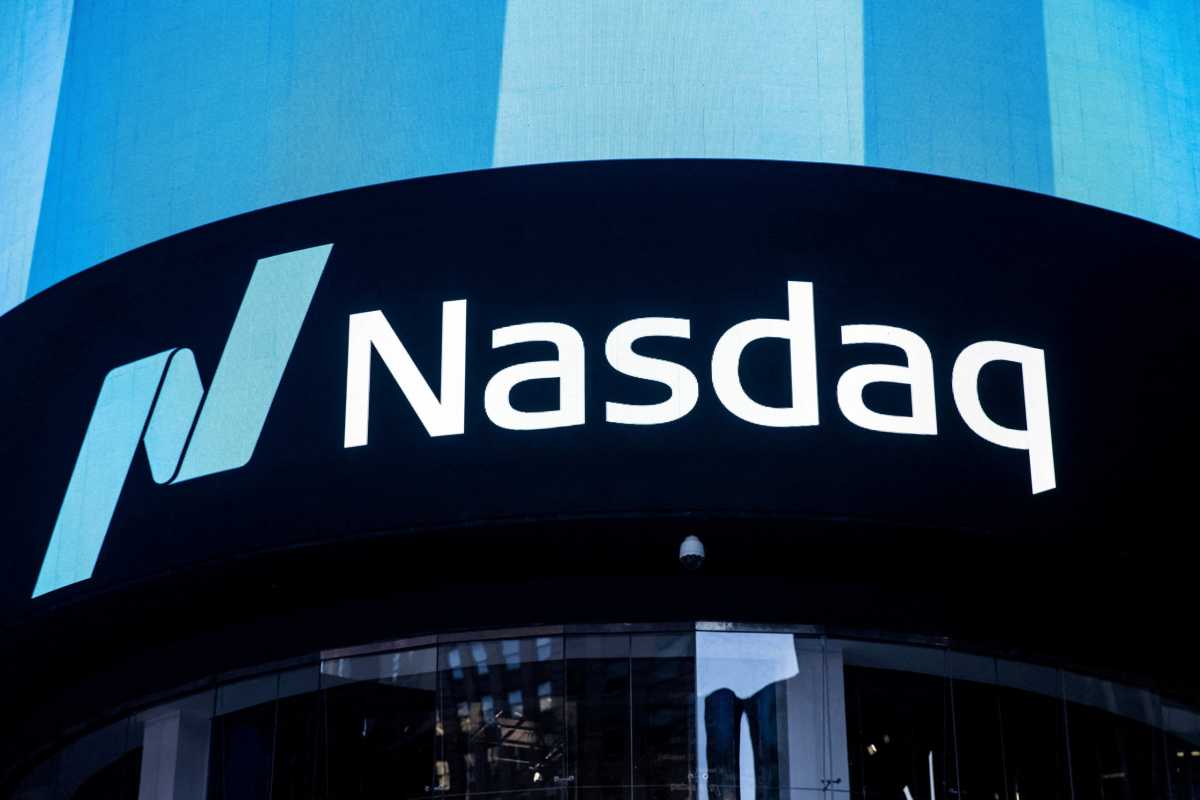By David French
The three main benchmarks closed higher on Monday at the end of a volatile month for Wall Street, with the gains helping the tech-heavy Nasdaq narrowly avoid its worst ever start to the year.
Valuations of growth and technology stocks have come under increasing scrutiny, as investors fretted about companies trading at lofty valuations at a time when the U.S. Federal Reserve is set to begin raising interest rates to combat inflation and withdraw its pandemic stimulus measures.
The Nasdaq finished the month just ahead of its worst January performance on record, when it fell 9.89% in 2008.
“At the end of the day, interest rates are going to have to move higher, and companies with high multiples will have to trade lower,” said Decio Nascimento, chief investment officer of Norbury Partners.
He added that, with costs such as wages rising, there will be increased investor focus on sectors that can better handle those inflationary pressures, with less latitude for companies which promise future growth but which currently generate negative cash flow.
All of the 11 major S&P sectors advanced, led by a rise in consumer discretionary stocks.
Netflix Inc. surged after Citigroup upgraded the streaming company’s shares to “buy.” It comes just days after it was revealed that billionaire investor William Ackman had taken a position in the company.
Meanwhile, Tesla Inc. jumped after it also received a positive sellside report: Credit Suisse raised the electric car maker’s stock rating to “outperform.”
The bellwether S&P 500 also had its worst month since the pandemic-led crash in March 2020.
The U.S. Federal Reserve last week signaled it intends to combat the four-decade high inflation by hiking key interest rates more aggressively than many market participants expected.
Fed funds futures traders are pricing in almost five rate increases by year-end, with some banks, such as the Bank of America now eyeing seven hikes this year.
“What the Fed did last week was to widen the spectrum of possibility of what rates could be in a year or two, so when you do that, you are going to create volatility in equities” said Norbury Partners’ Nascimento.
Geopolitical tensions have added to market uncertainty, with the U.S. and its allies threatening Russia with new economic sanctions if it attacks Ukraine.
According to preliminary data, the S&P 500 gained 83.60 points, or 1.92%, to end at 4,516.89 points, while the Nasdaq Composite gained 469.26 points, or 3.41%, to 14,239.83. The Dow Jones Industrial Average rose 405.99 points, or 1.16%, to 35,127.97.
Bank stocks rose as a widely watched section of the U.S. Treasury yield curve, an indicator of economic expectations, flattened to its lowest levels since October 2020.
The fourth-quarter earnings season continues with megacaps such as Google parent Alphabet Inc., Amazon Inc. and Meta Platforms Inc. expected to report later this week, following strong results from Apple Inc. and Microsoft Corp. this month.
As of Friday, a third of S&P 500 companies have posted earnings, and 77.4% of them reported above analyst expectations, according to Refinitiv.
Citrix Systems Inc.’s shares fell after the software company said it had agreed to be taken private for $16.5 billion including debt by affiliates of Elliott Management and Vista Equity Partners.


































